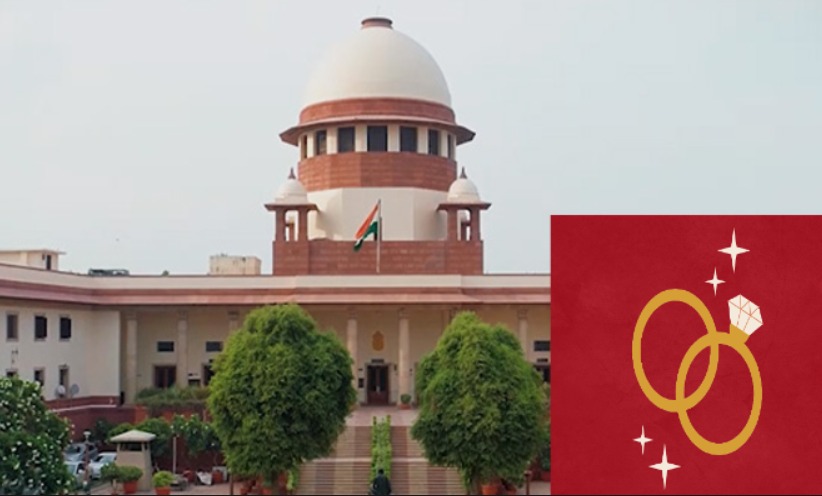
The Supreme Court on Monday refused to entertain a petition filed by BJP leader and advocate, Ashwini Kumar Upadhyay seeking uniform marriage age for men and women.
The current law stipulates that the minimum age for marriage is 18 years for women and 21 years for men.
A bench of Chief Justice of India DY Chandrachud, Justice PS Narasimha, and Justice JB Pardiwala observed that, while the petitioner seeks to raise the age of marriage to 21 for both men and women, the prayer in the petition was to strike down the provision requiring a minimum age of marriage entirely.
The bench reasoned that simply repealing the provision would result in no minimum marriage age for women.
The Court was also infuriated by some statements made by Advocate Upadhyay, who stated that the matter would be decided by the High Court.
“We don’t want your gratuitous comment on us. We are not here to please you or any section of the polity. Don’t you give me gratuitous comment. This is not a political forum. We don’t owe you explanation,” the CJI remarked.
Advocate Upadhyay stated in his petition that there are specific religion-based legislations that prescribe a certain age for marriage, which is discriminatory under Articles 14 and 21.
He requested that the minimum marriage age be set at 21 for both men and women.
The petition urged the Supreme Court to direct the Central Government to take appropriate steps to correct the anomalies in the minimum marriage age and make it “gender neutral, religion neutral, and uniform for all citizens” in accordance with Articles 14, 15, 21, and International Conventions.
Advocate Upadhyay had also filed a transfer petition in order to avoid multiple lawsuits and opposing viewpoints. He had asked the Supreme Court to hear petitions on this issue that were pending in the Delhi and Rajasthan High Courts.
In February 2021, the Supreme Court issued a notice on that plea.
Following that, in January 2023, the Supreme Court ordered that the cases pending before the Delhi High Court be transferred to it.
The Court, on the other hand, stated today that the issue was within the purview of the legislature and that it must defer to the legislature’s ultimate wisdom.
“We are not exclusive custodians of the Constitution and parliament can also do that. Parliament can also legislate and decide,” the bench remarked.
As a result, the Court declined to hear the petition.




